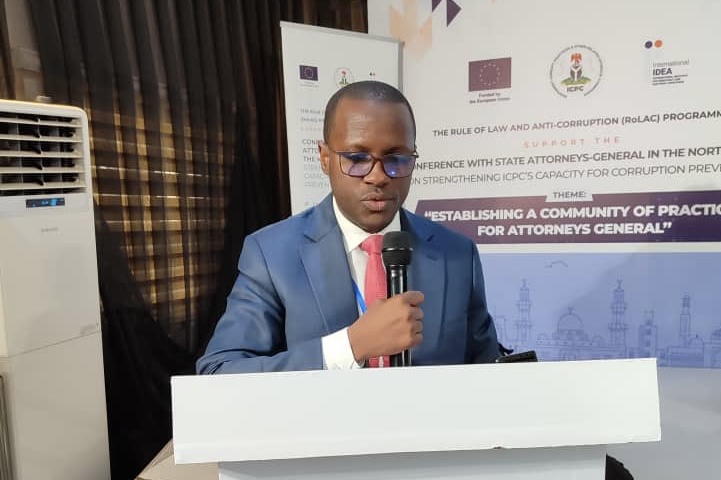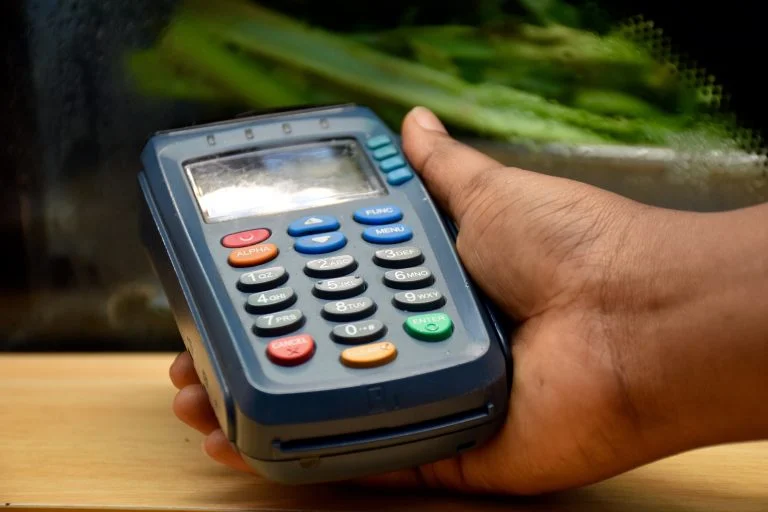Musa Aliyu, chairman of the Independent Corrupt Practices and Other Related Offences Commission (ICPC), stated that the anti-graft agency “recovered and remitted the sum of N10.986 billion in value-added tax (VAT)” to the Federal Inland Revenue (FIRS) within one year.
Aliyu made the statement on Tuesday at the commission’s headquarters in Abuja while marking his first year in office.
He highlighted that the commission also recovered N29.700 billion in cash and N10 billion intended for the production of COVID-19 vaccines. Additionally, he noted that the agency secured the final forfeiture of assets worth N2.5 billion and “foreign currency recoveries of $966,900.83.”
“The commission just completed the tracking of 1,500 projects, valued at N610 billion, nationwide under CEPTI Phase 7,” he said.
“The ICPC, under my stewardship, continues to adapt to evolving trends in fulfilling its mandates, including equipping its workforce with digital strategies to combat corruption. The current administration’s anti-corruption agenda and my policy thrust encapsulated in the acronym ‘CARE’ for impact, have further motivated the commission to enhance its tools, approaches, and engagements.”
The ICPC chairman revealed that 851 petitions were processed during the year, with 342 assigned for investigation, 95 fully investigated, 72 cases filed in court, and 16 convictions secured.
“In this regard, we are streamlining our processes to ensure faster and more effective prosecution of cases, leading to the resuscitation of 10-15-year-old cases in courts,” he said.
“As part of its commitment to institutional accountability, the commission assessed 323 ministries, departments, and agencies (MDAs) through its ethics and integrity compliance scorecard (EICS). It also established 80 anti-corruption and transparency units (ACTUs) across MDAs to reinforce its anti-corruption efforts.
“While doing these, the commission stopped the diversion of public funds to the tune of N5.882 billion. The report of the EICS exercise conducted in the middle of this year is ready and will also be released to the media and the public.”
“In the year under my leadership, the ICPC brought together the 36 states’ attorneys-general under one roof to brainstorm and had robust conversations on developing effective strategies that would enhance the commission’s capacity in the fight against corruption at the sub-national level and within the current justice system.”
“This initiative is yielding results as the regional editions of this engagement, aimed at establishing a community of practice and strengthening capacity for corruption prevention, have since started with the north-west conference of attorneys-general.”
Aliyu acknowledged that while the commission has made significant progress, there is still much work to be done. He noted that in the coming year, the anti-graft agency will focus on improving efficiency, enhancing public engagement, strengthening institutional frameworks, and leveraging technology.
Bolaji Owasanoye, former ICPC chairman, encouraged Aliyu to reflect on his first year in office, identify areas for growth, cultivate resilience, and adopt a forward-thinking approach to tackle future challenges.
The ICPC chairman was commended by the anti-corruption agencies of Zambia, Uganda, and Sierra Leone for his efforts in tackling corruption in Nigeria.

 BIG STORY5 days ago
BIG STORY5 days ago
 BIG STORY5 days ago
BIG STORY5 days ago
 BIG STORY5 days ago
BIG STORY5 days ago
 BIG STORY4 days ago
BIG STORY4 days ago
 BIG STORY2 days ago
BIG STORY2 days ago
 BIG STORY2 days ago
BIG STORY2 days ago
 BIG STORY3 days ago
BIG STORY3 days ago
 BIG STORY5 days ago
BIG STORY5 days ago
























